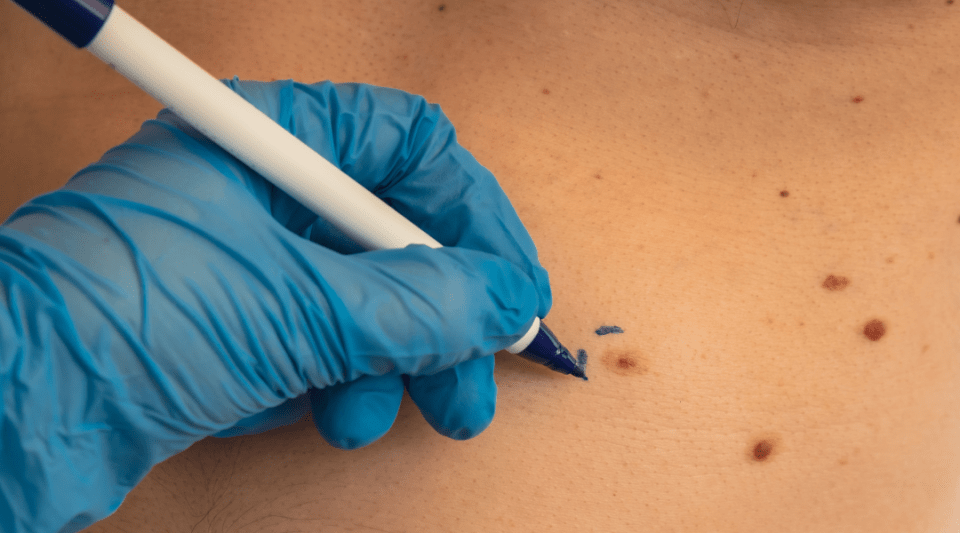Gram-negative bacteria constitute a diverse group of microorganisms. They inhabit environments as different as the soil to the human gastrointestinal tract. Their distinguishing feature is having an outer membrane unlike gram-positive bacteria. This membrane protects them from certain antibiotics, such as penicillin. As this membrane breaks down, it releases toxic substances called endotoxins, which contribute to the severity of symptoms in infections caused by gram-negative bacteria.
Preventing infections caused by these bacteria is essential for public health. Recent research highlights the importance of proper sanitation, hygiene and infection control measures in medical and community settings. Furthermore, public awareness about antimicrobial resistance is crucial, as prudent use of antibiotics contributes significantly to infection prevention.
Consequences of infections by gram-negative bacteria
Infections caused by gram-negative bacteria can have serious consequences, ranging from urinary tract infections to pneumonia, peritonitis, bloodstream infections, wound or surgical site infections and meningitis. In recent years, several antibiotics have been approved for the treatment of gram-negative bacterial infections, and clinical trials are underway that promise to provide additional options.
Available treatment
Although treatments are available, antimicrobial resistance presents significant challenges. Rapid and accurate identification of gram-negative bacteria and appropriate antibiotic selection are crucial. Combination therapy and the development of new antimicrobial agents are active areas of research to address this growing resistance.
In summary, understanding gram-negative bacteria is essential to prevent infections and address the challenges associated with their treatment. The adoption of preventive practices and continued research are essential to protect public health in the face of the persistent threat from these resistant bacteria.
Information documented by:
Dr. Verónica Rico, specialist in Internal Medicine at the Infectious Disease Department of the Hospital Clínic, Barcelona.






